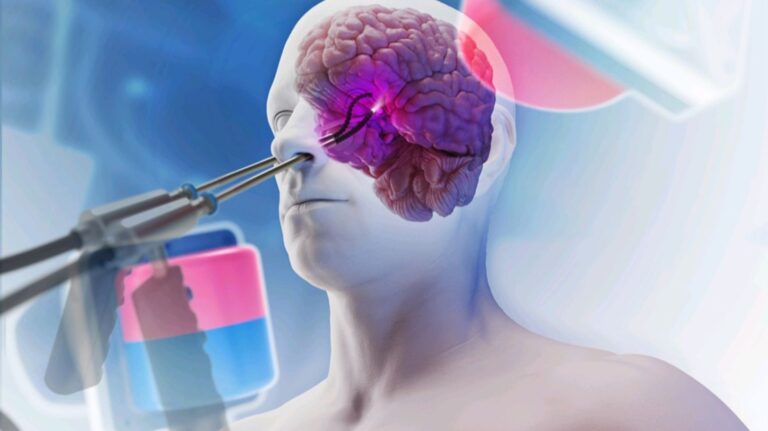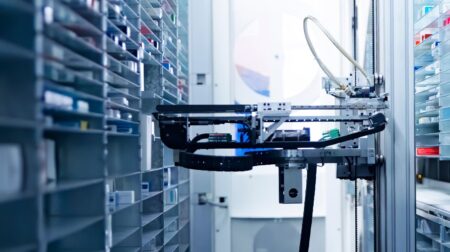Researchers at the University of Leeds’ Science and Technologies Of Robotics in Medicine (STORM) Lab have claimed to have made ‘significant advancements’ in cancer detection and treatment through use of ultra-soft, magnetically controlled robots.
The robot measure 2mm in diameter, meaning they can navigate deeper into the lungs to offer a more tailored treatment to patients in a less invasive manner.
Due to their ‘softness’, they can reduce trauma while reaching deeper and reshaping the human anatomy during the screening process, a lab spokesperson said.
According to the lab, initial cadaver tests have shown ‘promising results’, which have been published in Nature Engineering Communications.
Professor Pietro Valdastri, director of the STORM Lab and research supervisor, said: “This is a really exciting development.
“This new approach has the advantage of being specific to the anatomy, softer than the anatomy and fully shape-controllable via magnetics.
“These three main features have the potential to revolutionise navigation inside the body.”
The research centre focuses largely on surgical robotics, especially capsule robots, robotic endoscopy, soft surgical robots, affordable medical devices and autonomy in robotic surgery.
The team demonstrated the coordinated use of two independent magnetic robots within the human body, which enabled complex procedures like endonasal brain surgery.
Roboticists at the lab have expressed that this is an important contribution to the field of magnetically controlled robotics.
The research was funded by the European Research Council; the team hopes to start collecting data that will enable human trials in the near future.









